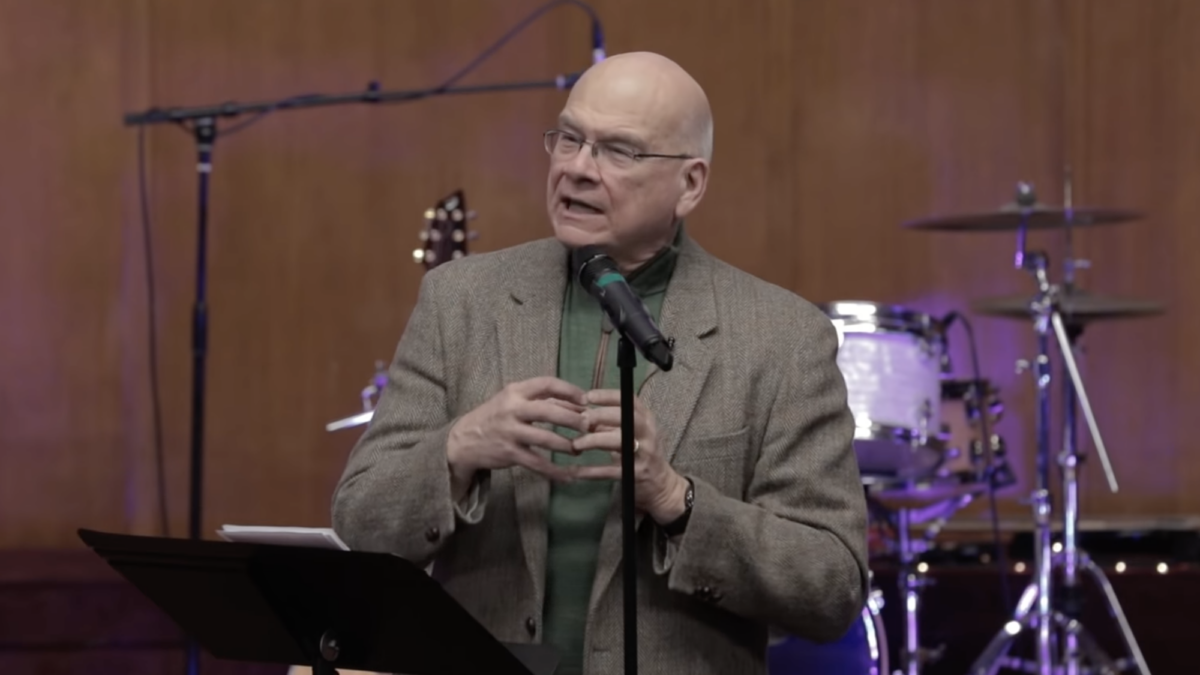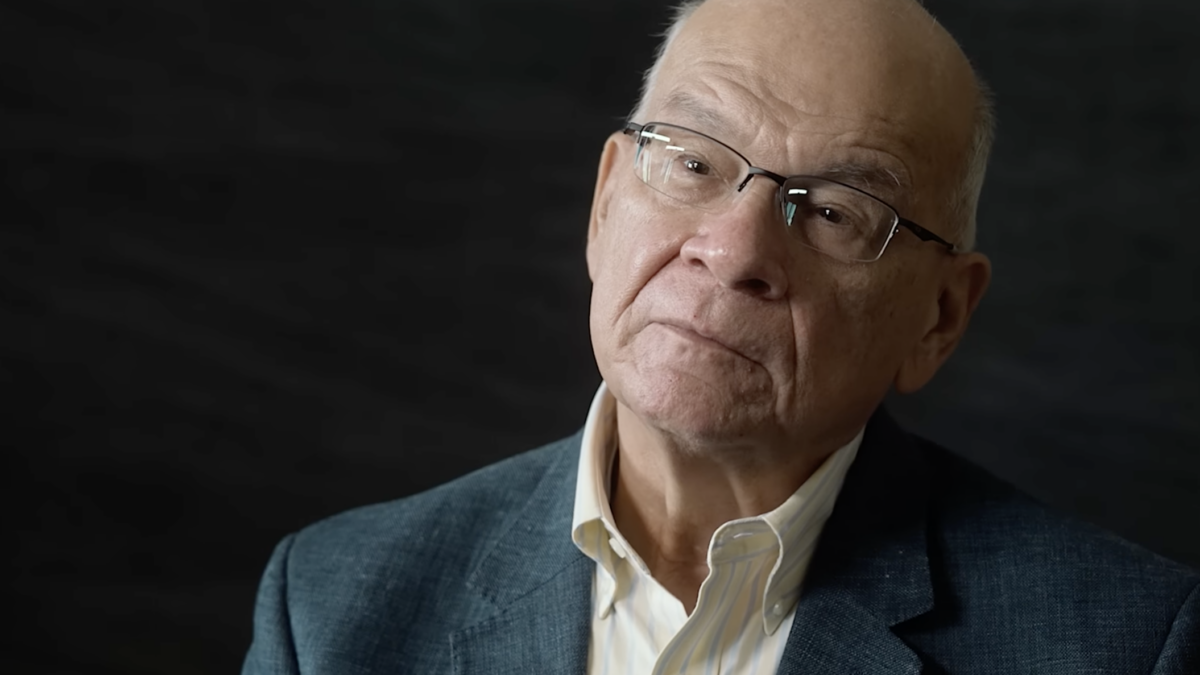
It’s hard for many of us to empathize with those who contemplate taking their own life, to imagine the state of mind and spirit someone must be in to take such a drastic step to end his suffering. But for those between the ages of 15 and 44, suicide is the third leading cause of death. Among only teenagers, it still ranks third.
Last year, a high school student named David Molak committed suicide, and was found dead in his parents’ backyard. He had been a victim of online bullying so severe that he had to switch schools in an attempt to escape. Canadian teen Rehtaeh Parsons is another tragic story in recent memory—a 17-year-old alleged rape victim who took her own life after the perpetrators released a sex video. She was apparently harassed and bullied for more than a year as a result, before attempting to hang herself. She ultimately died from her injuries.
Two years ago, university student Alyssa Funke took her own life after participating in a porn film. When her peers discovered the video, the public humiliation never ceased. Her defiant Twitter comments of “famous for dayzzz” and “porn star status, a-okay” in the days leading up to her death proved to be a façade. Alyssa committed suicide with a 12-gauge shotgun, alone in her car.
Most of the news stories about these teen suicides emphasize that they were bullied, drawing a direct line of causality between their antagonistic social environment and their eventual suicide. Others draw an even more causal and narrow relation between the guns they often use in the act, such as in Alyssa’s case, and their untimely deaths.
Blaming Society and Laws Is Incomplete
In the mainstream media’s coverage of suicide, it’s less than popular to say that bullying or the objects used to commit the act aren’t the sole factors responsible. It is still less popular to say that the secular media, for all its distress over teen suicides, is completely silent on the most crucial element of these tragedies. It is mute in the face of those questions we all must answer and which death should make so obvious.
The suicides of young people sadden and anger us, stirring up outrage over their injustice, and a helpless distress when we realize we’ve arrived at the scene too late. She’s already gone.
We immediately seek some phenomenon to blame. We have a “social trend bias,” compounded by the “action bias” that permeates our authority structure. The hottest trend now? Gun violence. The trend just a year or two ago? Bullying. The Obama administration has gotten involved on both issues.
But if social trends and firearm policies were to blame for every violent end to human life, we’d have a hugely unmanageable problem on our hands. At the same time, we find it strangely comforting, in a very self-righteous kind of way, to tsk-tsk gun ownership, bullying, social media, pop culture, or whatever. Just as long as there’s something or someone to blame.
If every societal dilemma had a social or legal root cause, well, we could uproot it, couldn’t we? For instance, what’s causing sex-related suicides seems obvious: bullying and shaming. Let’s uproot bullying and shaming. Government makes a swift grab at a visible stalk, and the whole network of roots just pops out. The same analogy applies to thinking that if we restrict access to guns, suicide rates will drop. That’s the fantasy we aspire to, while simultaneously (although less consciously) knowing it isn’t that simple. It’s never that simple.
Our Language Doesn’t Describe Reality
When you boil down all the language we use—“bullying,” “pop culture,” “social media,” “gun violence”—and examine how we’re actually applying these terms, you discover that they all have something in common: Bullying caused the suicide. Pop culture is dumbing down our country. Social media is destroying relationships. Gun violence is killing our youth.
This is a huge mistake in contemporary English usage, and it’s just one example of how our language is shaping our perception of reality. These “things” aren’t entities, they are events—they are fluid, dynamic, and incredibly complex. All the statistics and polling data in the world cannot condense culture (which is the event we’re all discussing and participating in, ultimately) into an entity.
Contemporary English has helped plant and continues to feed in the American perspective the “social trend” bias and legal status quo, collectively referred to as societal problems. Our use of language mars our dialogue, not so much because it is simplistic and directs national attention to “fixing” the culture or the laws that attempt to govern it, but because it’s drawing attention away from the real source of so much of the tragedy we see in today’s headlines. Molak and Funke are just two among many heart-breaking examples of teenagers who have felt the only option to escape their misery is to take their own lives.
Yes, we feel outrage and distress over these untimely deaths. There’s something inherently wrong with suicide, and the secular public, even atheists, know it’s not how events are supposed to unfold. It’s a disruption of sorts in the harmony of the universe.
There is an eminently important, yet almost completely obscured level of meaning that isn’t addressed in secular pop culture: spirituality. Of course, there is also the popular line of thought that looks past the social environment and examines the mental condition. It can be a short step from clinical depression to suicide, and I do not mean to discount this as a contributor to these tragedies.
It seems like an easy connection to make that self-worth and confidence are inherently connected to the social environment. But no matter how hard a parent fights to shut out the world, shut down social media accounts, maybe even pull a child out of school, the barrier between a teen’s life and death continues to degrade.
What Is the Source of a Person’s Self-Worth?
Belle Knox from Duke University, who achieved porn star status a couple years back, certainly believes public humiliation from her peers is to blame for Alyssa’s death. She said, “that could’ve been how it all ended for me, too.” She wrote an open letter to Alyssa after her death, saying, “My story is your story, is every young porn girl’s story… I would instill in you that your self worth is not predicated on your sexuality, and that you have every right to live your life as you choose.”
Belle pointed to the “negative stigmas” and about porn stars and bullying (what she referred to as “slut-shaming”) as the reasons behind Alyssa’s suicide. Her remarks sum up the secular bias toward social causes. Her assertion about self-worth also begs the question: if your self-worth isn’t predicated on your sexuality, then what is it predicated on?
That most crucial question for young women everywhere is exactly the one the secular media cannot answer sufficiently or convincingly. Much of popular entertainment seems to point to the idea that your self-worth is based on your image, or your lifestyle, contradicting the long-standing counter-narrative that “you’re beautiful just the way you are.” No wonder kids often don’t know what to make of themselves.
Ultimately, neither the depression argument nor the social trend argument, much less policy arguments such as tighter gun restrictions, penetrate to that deepest level of being, that essential element that makes us human, and that many of us consider to be eternal.
The Basis of Human Dignity Is Ultimately Religious
Parsons was allegedly robbed of her dignity and self-esteem at the hands of a few cruel boys, her virtue blown to bits and scattered all over the internet. I can hardly imagine the scar that leaves on a girl’s soul. Did she think there might be healing, even in the midst of public shame? Did she understand her eternal worth, which might help her see beyond the violation of her physical being?
Alyssa’s soul seems to have been deeply wounded by the shaming that took place after she created pornography. Did anyone tell Alyssa that sex is a spiritual matter, and that how you use your body can either denigrate or lift up your soul? Did anyone come alongside her after the incident, and tell her that she is inherently worth more than her body, and more than even her relationship with the ones who love her? That there is healing and redemption in Jesus Christ?
But that wouldn’t fit the secular liberal narrative that you don’t need redemption. Our dominant social perspective is Knox’s implicit idea that what people need is a culture and societal institutions that reaffirm their lifestyles.
Words like redemption, grace, virtue, sin, God-given worth, and eternity aren’t present in our national dialogue about suicide and its associated phenomena of depression and bullying. Instead, we use words like “cruel,” “unfair,” and “tragic.” We’re perpetually “outraged,” and demand new restrictions on the tools used in the act, new resources for mental health, punishment for the tormentors, and affirmation of every person’s decisions.
So often we blame access to guns, social media, cyber-bullying, shaming and negative stigmas about sexuality, even economic circumstances for what went so terribly wrong. Everything is neatly contained within the socio-political sphere.
We Need to Re-Articulate the Spiritual Dimension in Life
But we cannot even begin to understand suicide without first having the words to articulate that deeper level of spirituality. Imagine trying to account for the destruction wreaked on a town by a hurricane by blaming the construction companies for shoddy workmanship, not acknowledging that hurricane-force winds can flatten even well-built houses.
Well, what if you didn’t know what wind was, had never used the word, and hadn’t a clue what it meant? After all, you can’t actually see wind; what you can see are the buildings that collapsed during the storm. So if you didn’t understand wind, why wouldn’t you blame the builders? It’s the same thing with our discourse on suicide, especially in relation to sexuality. Bullying is what you can see, and with the help of the English language, the concept is even stronger when construed as an entity instead of an action.
What you cannot see is the pain, shame, and desperation in the hearts of these poor girls. It’s tough to talk about the things you cannot see; likewise, it’s tough to see the things you cannot talk about. Where is the framework for addressing spiritual matters? Where are the concepts of grace, virtue, redemption, unconditional love, eternity, and a God?
At certain points in our nation’s history, Scripture and faith-based concepts were a part of our national dialogue. People were less likely to be shoved into the cultural margins for talking on a spiritual level. While many of the concepts and words we use today can help explain much of what we experience, it doesn’t have to be at the cost of stepping into a spiritual paradigm from time to time. There is room for both in our national discourse.
I’m not thumping you over the head with a Bible, saying you should drag your teenagers to church every Sunday; nor am I saying we need to resurrect Jerry Falwell and the Moral Majority, and fill the primetime slots with televangelists. But there’s a certain grasp of supernatural grace, forgiveness, and healing that we have lost, and that our children have never found.
Can we explore, for instance, what John Newton meant when he wrote:
Amazing grace, so sweet the sound, that saved a wretch like me
I once was lost, but now am found, was blind but now I see…
How precious did that grace appear the hour I first believedThe Lord has promised good to me, His word my hope secures.
He will my shield and portion be, as long as life endures.
Yea, when this flesh and heart shall fail, and mortal life shall cease,
I shall possess within the veil, a life of joy and peace.
I linger on the thought of what these words could have meant to young David, Alyssa, and Rehtaeh, if these could have fortified their spirits when they felt like they were falling apart, whether these thoughts could have turned their paths away from death, and toward a life of hope.









